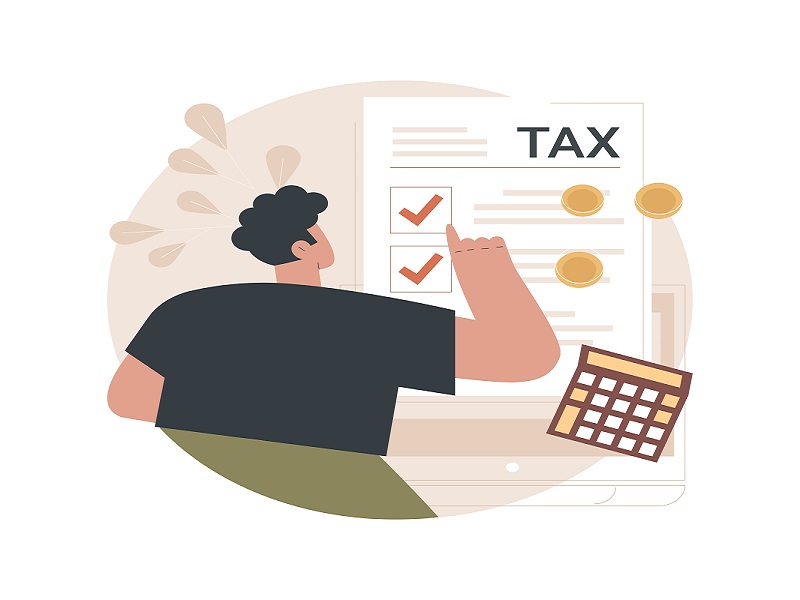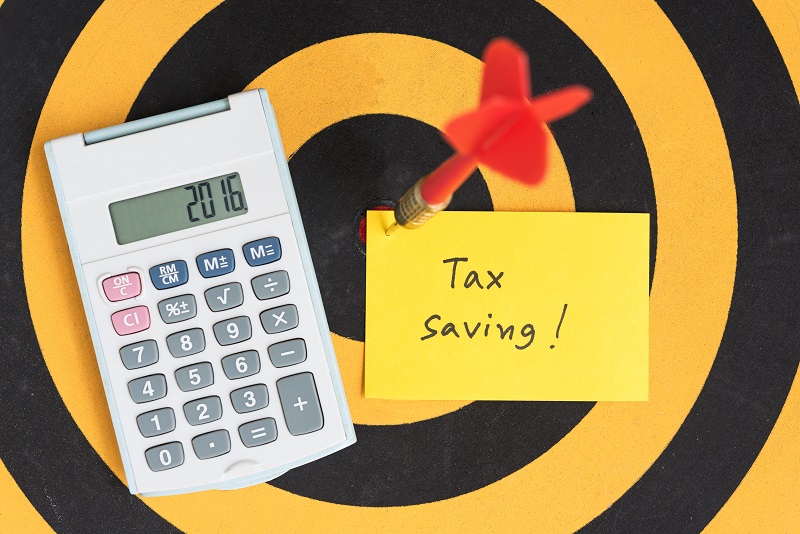The Buyt Desk
The stock market is a hot destination for investors, and it caters to all types of them, from very small to giants. The financial year 2021 was a profit-making year for stock market investors.
If you are new in stock market investment and enjoying all gains, then it is imperative for you to know that the profit you generated from stock market investment is taxable. Apart from the salary that we receive, the money we make from business, rent and other income is taxable. Similarly we have to pay tax on gains made from the stock market. But many small investors miss this.
The article aims to educate you about how trading gains are taxed and while filing your income tax return to show this in your return form. The profit you make through trading in the stock market is taxable. The gain made from trading that concerns shares is shown as gains made by selling or buying shares on regular grounds in the ITR.
Method Used To Tax The Trading Gains From Stock
According to the Income Tax Act 1961, the tax on gains depends on two factors: transaction volume and holding period. If an investor purchases the share for investment purpose and holds it for a long time, it will be taken as a capital asset and taxed like capital gains. However, if the opposite happens, i.e. shares are purchased and sold in a short interval of time, it comes under the business income, and for that, the investor has to pay tax based on his income tax slab.
The income tax department further divides the capital gain from shares into two types, long-term capital gains and short term capital gains, in short, LTCG and STCG. When shares are bought and kept for one year or more, it is considered long-term (for unlisted shares this duration is two years). On the other hand, when shares are bought and sold within one year, the gains are taken as short term.
Coming to the tax percentage of LTCG and STCG, under section 112 of income tax, LTCG from unlisted shares is taxed at 20%.
The STCG tax percentage depends on the investor’s profile. However, for listed shares, the tax is levied at a concessional rate of 15 or 10 per cent and sometimes below that, considering the section 111A/112A respectively for LTCG and STCG.
Here it is imperative to note that STCG is taxable at 15% irrespective of the individual’s slab rate.
Before the 2018 budget announcement, the LTCG obtained from the sale of equity-based units or equity shares of mutual funds was exempted from the tax deduction. But in the financial budget of 2018, that privilege was taken away. Now, if an individual gains profit of 1 Lakh or more on the sale of equity shares of mutual funds or equity share, he will be levied tax of 10% on profit gain along with the applicable cess.
However, the seller would receive the indexation advantage under the law. If you qualify the same, ensure to take benefit of indexation at the time of computation of cost of acquisition of the shares.
In the ITR form under the Capital Gain Schedule, an individual filling the ITR has to submit obtained capital gain on transfer of shares. Also, they are required to maintain the difference between long term gain and short term gain. If you have to report capital gain from the stock market then you will file your return in ITR 3 or ITR 4. You can’t report capital gains in the ITR 1/ITR 2.







